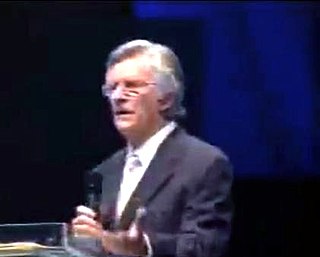A Quote by Edward Young
Thy purpose firm is equal to the deed: Who does the best his circumstance allows Does well, acts nobly; angels could no more.
Related Quotes
Sleep takes off the costume of circumstance, arms us with terrible freedom, so that every will rushes to deed. A skillful man reads his dreams for his self-knowledge; yet not the details, but the quality. What part does he play in them - a cheerful, manly part, or a poor, drivelling part? However monstrous and grotesque their apparitions, they have a substantial truth.
Malicious acts are performed by people for personal gain … Sorcerers, though, have an ulterior purpose for their acts, which has nothing to do with personal gain. The fact that they enjoy their acts does not count as gain. Rather, it is a condition of their character. The average man acts only if there is a chance for profit. Warriors say they act not for profit but for the spirit.



































